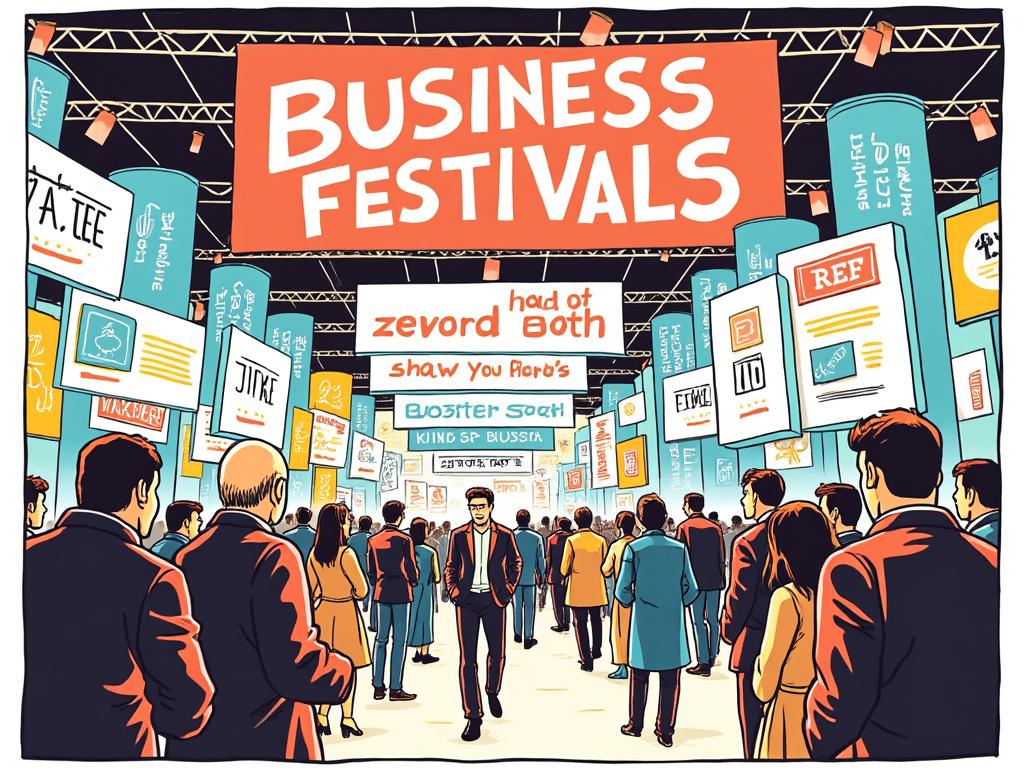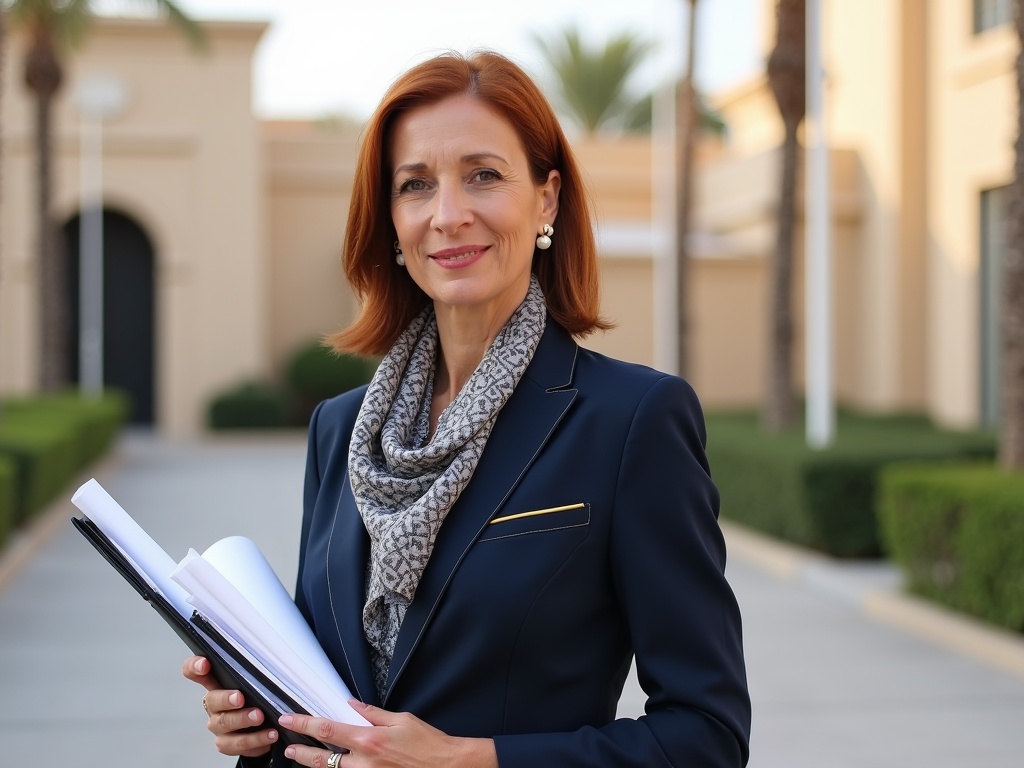
Religious Festivals in the UAE: Celebrating Diversity
Reading time: 12 minutes
Ever wondered how a nation builds bridges between cultures while honoring deep-rooted traditions? The UAE stands as a remarkable example of religious harmony, where ancient festivals meet modern celebration in ways that might surprise you.
Table of Contents
- Understanding the UAE’s Religious Landscape
- Major Religious Festivals Celebrated
- Government Support and Integration
- Economic and Business Impact
- Navigating Challenges and Solutions
- Your Festival Journey Begins
- Frequently Asked Questions
Understanding the UAE’s Religious Landscape
Here’s the straight talk: The UAE isn’t just tolerant—it’s actively celebrating religious diversity as a strategic advantage. With over 200 nationalities calling the Emirates home, this nation has transformed potential cultural friction into collaborative celebration.
Quick Scenario: Picture walking through Dubai during Diwali season. Hindu temples illuminate the skyline while nearby mosques prepare for evening prayers, and Christian churches ring bells for Sunday service. This isn’t coincidence—it’s intentional design.
The numbers tell a compelling story: According to the UAE’s Ministry of Tolerance and Coexistence, approximately 76% of residents practice Islam, while the remaining 24% represent Christianity, Hinduism, Buddhism, Judaism, and other faiths. This demographic reality has shaped a unique approach to festival celebration.
Major Religious Festivals Celebrated
Islamic Celebrations: The Foundation
Islamic festivals form the cornerstone of UAE’s religious calendar, offering both spiritual significance and economic impact that ripples through every sector.
Eid Al-Fitr and Eid Al-Adha transform the Emirates into celebration hubs. During Eid Al-Fitr 2023, Dubai International Airport recorded its busiest day ever with over 290,000 passengers—a testament to how festivals drive both cultural connection and economic activity.
Practical Festival Navigation:
- Ramadan Etiquette: Non-Muslim residents adapt work schedules, with many businesses operating reduced hours to accommodate fasting colleagues
- Community Integration: Shopping malls host iftar events open to all faiths, creating shared experiences
- Cultural Education: Schools organize educational programs explaining Islamic traditions to international students
The UAE’s approach extends beyond accommodation—it’s about amplification. The National Program for Tolerance, launched in 2016, allocates significant resources to ensure Islamic festivals serve as bridges rather than barriers.
Christian Festivities: Growing Recognition
Christianity in the UAE has evolved from quiet observance to public celebration, reflecting broader tolerance policies. With approximately 12.6% of residents identifying as Christian, festivals like Christmas and Easter receive increasing governmental and social support.
Case Study: Christmas in the UAE
Dubai’s Festival City mall creates elaborate Christmas displays rivaling those in traditionally Christian nations. The 2022 celebration featured a 43-foot Christmas tree and attracted over 500,000 visitors during the holiday season. This wasn’t just commerce—it was cultural validation.
Key Christian Festival Elements:
- Public Holidays: Christmas Day is officially recognized, allowing Christian residents time for family gatherings
- Workplace Flexibility: Many companies offer floating holidays for Christian employees during Easter
- Community Centers: Over 45 churches operate across the UAE, many hosting community-wide celebrations
Hindu Traditions: Vibrant Integration
Hindu festivals in the UAE showcase remarkable adaptation and growth. The Hindu community, representing approximately 6.6% of residents, has successfully integrated traditional celebrations with local customs.
Diwali’s Evolution: What began as private home celebrations has transformed into emirate-wide festivities. The Dubai Shopping Festival now coincides with Diwali, creating synergies between cultural celebration and economic opportunity.
During Diwali 2023, the Burj Khalifa displayed special light shows honoring the festival, watched by an estimated 2 million people globally via livestream—demonstrating how local celebration reaches international audiences.
Government Support and Integration
The UAE’s government doesn’t just allow religious diversity—it actively architects inclusive celebration frameworks. This strategic approach yields measurable benefits across social cohesion and economic indicators.
| Initiative | Investment (AED Million) | Festivals Supported | Annual Participants | Economic Impact |
|---|---|---|---|---|
| Tolerance Program | 500 | 15+ | 3.2M | High |
| Cultural Centers | 250 | 20+ | 1.8M | Medium |
| Festival Grants | 75 | 12 | 900K | Medium |
| Tourism Promotion | 180 | 8 | 2.5M | Very High |
| Educational Programs | 120 | 25+ | 1.2M | Long-term |
Strategic Policy Elements:
- The Tolerance Law: Criminalizes discrimination based on religion, creating legal frameworks supporting festival celebration
- Ministry of Tolerance: Dedicated governmental body ensuring religious festival integration
- Interfaith Councils: Regular dialogue between religious leaders optimizing festival coordination
Economic and Business Impact
Religious festivals aren’t just cultural events—they’re economic engines driving significant revenue across multiple sectors. Smart businesses have learned to leverage this diversity strategically.
Festival Economic Impact Comparison (2023)
Case Study: Emirates NBD’s Festival Strategy
Emirates NBD, one of the UAE’s largest banks, developed specialized festival banking products. Their “Festival Savings” accounts, launched during Diwali 2022, attracted over 45,000 new customers within three months. The bank offers special rates during religious festivals, creating customer loyalty while honoring cultural traditions.
Pro Tip: The most successful businesses don’t just acknowledge festivals—they create authentic participation strategies that respect traditions while driving engagement.
Navigating Challenges and Solutions
Even in the UAE’s tolerant environment, organizing multi-faith celebrations presents unique challenges. Here’s how successful organizers navigate potential pitfalls:
Challenge 1: Scheduling Conflicts
The Problem: Religious calendars don’t always align, creating competing celebrations that dilute participation and resources.
Strategic Solution: Dubai’s Festival Committee developed a collaborative calendar system. Religious leaders meet quarterly to coordinate major celebrations, ensuring optimal spacing and mutual support. Result: 23% increase in cross-cultural festival attendance since 2021.
Challenge 2: Cultural Sensitivity
The Problem: Well-intentioned celebration can inadvertently offend if cultural nuances aren’t properly understood.
Strategic Solution: The UAE established Cultural Advisory Panels for each major religious community. Before public celebrations, organizers consult these panels, ensuring authenticity and respect. This preemptive approach has virtually eliminated cultural missteps in public celebrations.
Challenge 3: Resource Allocation
The Problem: Balancing government and private resources across diverse festivals without appearing to favor specific religions.
Strategic Solution: Transparent funding formulas based on community size, economic impact, and tourism potential. The allocation matrix ensures equitable support while maximizing collective benefit.
Your Festival Journey Begins
Ready to experience the UAE’s religious diversity firsthand? Whether you’re a resident seeking deeper cultural connection or a visitor planning your trip, here’s your actionable roadmap:
Immediate Next Steps:
- Download the UAE Festivals App: Real-time updates on celebrations, locations, and cultural guidelines
- Join Community Groups: Facebook and WhatsApp groups for specific religious communities offer insider access to authentic celebrations
- Volunteer Opportunities: Most festivals welcome volunteers, providing direct cultural immersion and meaningful connections
- Business Integration: If you’re an entrepreneur, consider how your business can authentically participate in festival celebrations
- Educational Investment: Attend cultural workshops offered by community centers—understanding enhances appreciation
Long-term Engagement Strategy:
The UAE’s approach to religious festivals offers a blueprint for global communities grappling with diversity challenges. As the nation continues evolving its tolerance model, participating residents and businesses position themselves at the forefront of a significant cultural experiment.
Consider this: How might your own community benefit from adopting similar celebration strategies? The UAE’s success isn’t accidental—it’s the result of intentional policies, substantial investment, and genuine commitment to inclusive celebration.
The festivals are just the beginning. They’re creating a generation of globally-minded citizens who see diversity as strength, celebration as connection, and tolerance as competitive advantage. Your participation in this journey doesn’t just enrich your own experience—it contributes to a model that other nations are watching, learning from, and beginning to implement.
Frequently Asked Questions
Can non-Muslims participate in Islamic festivals in the UAE?
Absolutely. The UAE actively encourages interfaith participation in Islamic celebrations. During Ramadan, many non-Muslim residents join iftar dinners, and shopping malls host community events welcoming all faiths. However, it’s important to observe basic etiquette: dress modestly, avoid eating or drinking in public during Ramadan daylight hours, and show respect during prayer times. Many mosques offer guided tours and educational sessions specifically for non-Muslims interested in learning about Islamic traditions.
How do businesses benefit from participating in religious festivals?
Businesses gain significant advantages through authentic festival participation. Emirates NBD’s festival banking products generated 45,000 new customers, while Dubai Shopping Festival’s integration with religious celebrations drives billions in revenue annually. Key benefits include enhanced customer loyalty, expanded market reach, improved employee satisfaction through cultural recognition, and positive brand association with tolerance values. The most successful approach involves genuine cultural respect rather than superficial marketing exploitation.
What’s the best way for newcomers to experience the UAE’s religious diversity?
Start with the UAE’s official cultural centers, which offer guided programs introducing various religious traditions. The Dubai Culture & Arts Authority provides free workshops during major festivals. Join community WhatsApp groups for specific religious communities—most welcome newcomers enthusiastically. Attend public celebrations at shopping malls and cultural venues before participating in more intimate religious gatherings. Consider volunteering at interfaith events, which provides deep cultural immersion while contributing meaningfully to community celebration.

Article reviewed by Jonas Olsen, Oil & Energy Investments | Sovereign Wealth Strategies, on June 4, 2025




